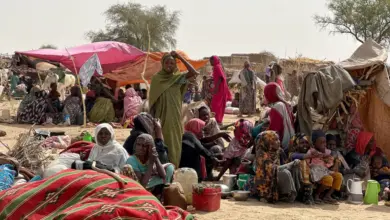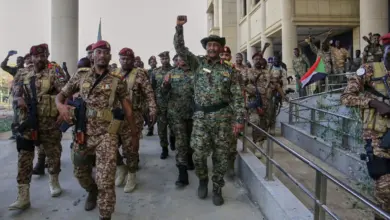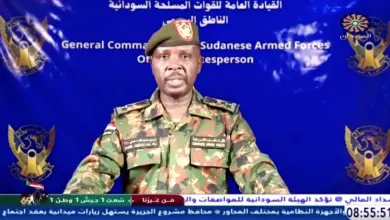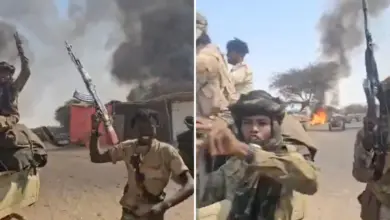ALGIERS — Algeria's government will ignite an explosion of unrest if it tries to rig a parliamentary election in May to keep its grip on power, according to the leader of an Islamist opposition party vying for a big share of the vote.
Algeria, a big energy exporter, is the only North African state largely untouched by the "Arab Spring" upheavals in the region. But the election could still act as a catalyst for protests over unemployment, a lack of housing and a government many people feel does not listen to them.
Throwing down a gauntlet to the secularist leaders who have run the country since independence from France in 1962, moderate Islamists are building support, buoyed by an Islamist resurgence in neighbors Tunisia, Libya and Morocco in the wake of last year's popular revolts.
The Front for Justice and Development, a moderate Islamist party widely viewed by Algerians as one of the few credible challengers to the government, was last week given the green light by the authorities to take part in the election.
"We hope that we can go towards a democratic system peacefully … but if fraud is committed during the upcoming elections, it will be the biggest factor that will push the people towards an explosion," party leader Sheikh Abdallah Djaballah, 54, told Reuters in an interview.
"We hope that there won't be fraud, but if there is then we will decide what to do," Djaballah said.
Violent past
A broad spectrum of Algerians — including those close to the government — say there is no appetite in the country for a radical change, or for bringing Islamists to power, after the country's bloody experience over the past two decades.
The authorities annulled a parliamentary election in 1992 which an Islamist party was poised to win. That unleashed a conflict between Islamist militants and the security forces which killed an estimated 200,000 people.
Djaballah, an Islamic scholar who was not involved in the conflict, said the violence had not weakened Algerians' support for the Islamist movement.
"The Islamist current has won all the elections in which it participated in Algeria in the past," he said.
"The first time [in 1991] when the elections were free and fair, it got the majority, and in 1997 we won, but there was massive fraud, as well as the presidential election in 1999, and the parliamentary election in 2002.
"If we won in the past, why shouldn't we be the winner today knowing that the conditions nowadays are much better than in the past?" he said.
Under pressure to embrace greater democracy in the wake of the "Arab Spring," Algeria's 74-year-old president, Abdelaziz Bouteflika, has enacted limited reforms he said were decided to give the opposition a voice and ensure the election is fair.
Asked about the prospects of a clean election this time, Djaballah said: "Not bad so far, in terms of the text [of the law] and promises. But experience has taught us not to believe but to see for ourselves on the ground."
Even if Islamists were to win a majority in Algeria's parliament, their influence would be limited. Under the constitution, the president holds most power and does not need parliament's approval to appoint the government.
Djaballah said the majority in the next parliament should have a bigger say. "I think this must change. The prime minister should come from the majority."
Moderate Islam
Djaballah has strong grassroots support, especially among the group which makes up the majority of the 35 million population: conservative-minded Algerians who go regularly to the mosque and whose wives and daughters wear the Islamic veil.
Like many Algerian men, Djaballah does not shake women's hands when he greets them because, according to one interpretation of Islam's rules, physical contact between a man and a woman who are not related is improper.
In politics, he has much in common with the Islamists now in positions of power in Tunisia and Morocco. They say they want social justice and an end to corruption but will not impose a strict Muslim moral code on society.
But Djaballah's party alarms some Algerians — including many in the ruling elite — who perceive its Islamist ideas as a threat to the country's secularist traditions and a throwback to the conflict in the 1990s.
His party has for years been excluded from the political mainstream. Djaballah said the last time he had been on Algerian television was in 1999.
While other parties have their headquarters in spacious villas near the center of the capital, Djaballah's office is in a shabby apartment building in a suburb. There is no plaque to identify the office.
The furniture is broken, and there is no heating.
Djaballah said that despite the obstacles, he was confident his party would have an impact in the election campaign.
"We would like to see free and fair elections this time, and we will congratulate the winner, whoever that is," Djaballah said in his office, wearing his overcoat against the cold. "I hope that my party will be the winner."




